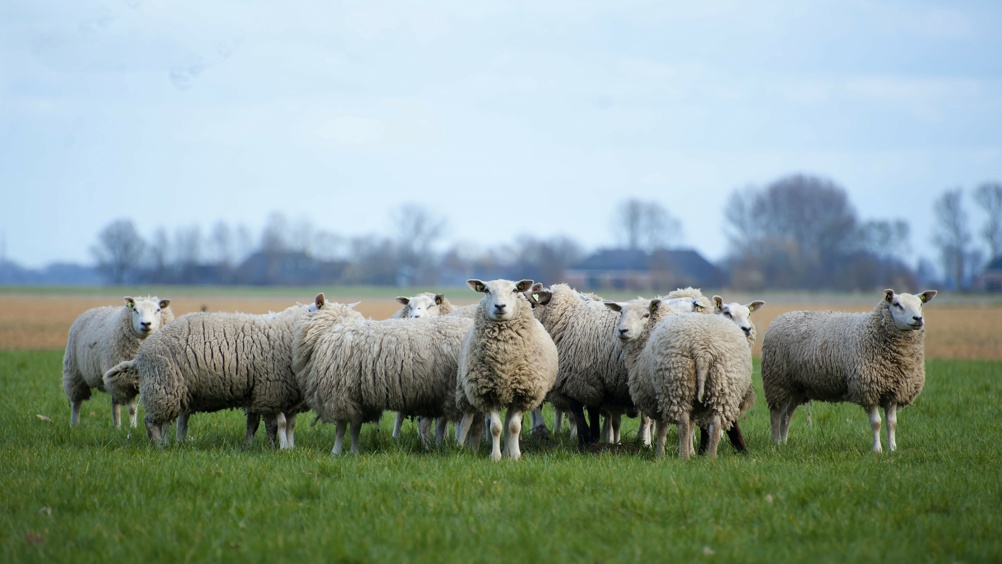References
Sheep farmers and vets working together. Why? What? How?

Abstract
‘Vets are not interested and don't care about sheep.’ ‘Sheep farmers are grumpy and don't need vets.’ ‘The cost of a sheep is not worth the price of a vet…’ Comments, that you may have heard, but are thoroughly out of date in the current sheep industry where keen sheep veterinary surgeons are valued as pivotal members of the flock team. This presentation explored the relationships between veterinary surgeons and sheep farmers. It identified how veterinary surgeons can optimise their value with an emphasis on good preventative medicine and how sheep flocks can improve their performance to deliver mutual benefits and maximum job satisfaction.
The UK sheep industry occupies an important role on the world stage, as the fifth largest global producer of sheep meat and, with over 90 different breeds of sheep, it is wonderfully varied. Sheep farming in Britain is integral to our rural landscape so that every year, over 30 million sheep graze extensively and in full view of the British public. As key guardians of animal welfare (Figure 1), veterinary surgeons have an obvious role to play but they are also being in-creasingly involved as active business members of the flock team, advising and supporting improvements in productivity.
Sheep farming economics are challenging and when compounded by all the other immediate demands on a shepherd, it comes down to the keen sheep veterinary surgeon to demonstrate their interest in the flock, to gain trust and to offer a value-added cost-effective service. Flock Health Clubs have been proven to be one way to deliver this (Figure 2) (Noble, in press).
Register now to continue reading
Thank you for visiting UK-VET Companion Animal and reading some of our peer-reviewed content for veterinary professionals. To continue reading this article, please register today.

